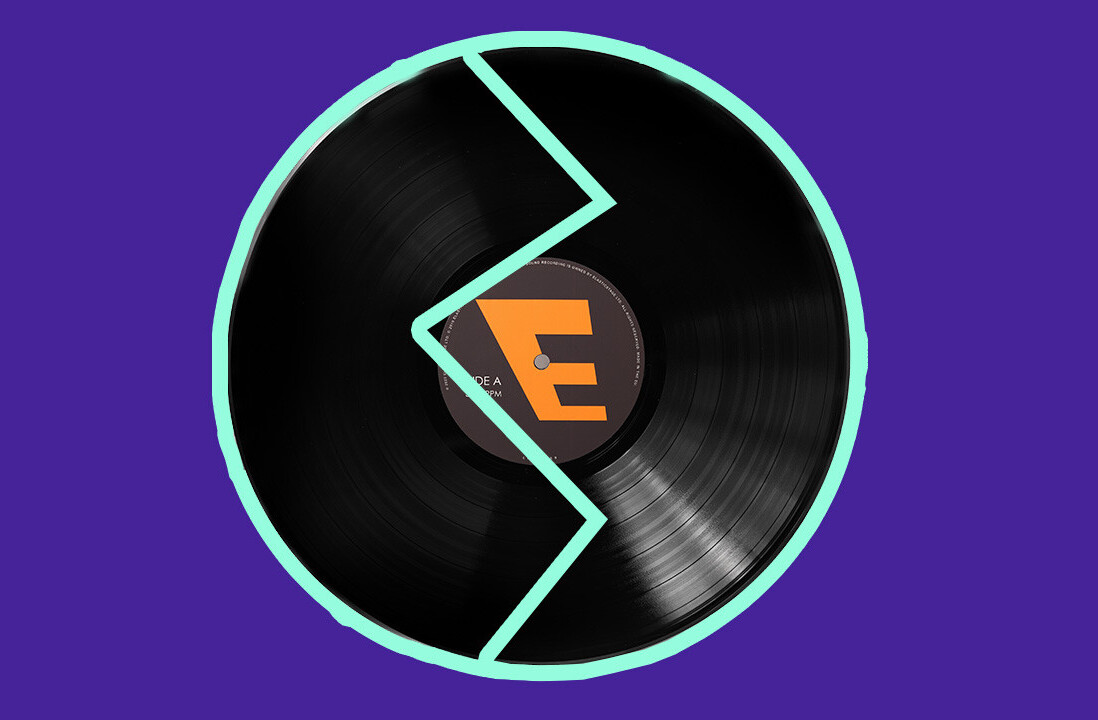There’s no doubt that for most folks on the internet, search is synonymous with Google. However, there’s a small yet growing audience that wants a privacy-first search experience with little or no ads. That’s where Neeva comes in.
This new search engine from ex-Googlers, Sridhar Ramaswamy and Vivek Raghunathan, guarantees two things: an ad-free experience and advanced features for all its customers.
What’s on offer?
The company launched last year with a subscription-only model. This cost $4.95 per month.
Now it’s trying to expand its footprint with a free tier. It will offer ad-free search with customizations, and integration to accounts such as Gmail, Microsoft Office, and Dropbox. People who’re paying for Neeva’s services will get all of this, a leading third-party VPN and a password manager service, and advanced features, like a monthly Q&A
As far as search engine features go, Neeva offers customizations, such as being able to see particular sites in results more or less. You can also ‘skip’ an ecommerce site in results, or get the whole recipe for a dish without having to visit a site.

What’s more, the new search engine lets your look through your email right from the search bar. And if you install Neeva’s extension, it also blocks ad trackers that are collecting your browsing data.
Last October, Neeva also launched a 1-click Fasttap search geared towards mobile where users just need to type a phrase to get accurate search results. It’s like Google auto-complete on steroids.
The journey until now
People are used to having a default search engine, and it’s hard to change that habit. In a call with TNW, Ramaswamy told us getting people to try this new search engine has been the hardest.
But on the positive side, a third of people who tried Neeva’s browser extension have stuck with it. To his surprise, early adopters cite calmness caused by not having to look at any ads as the best benefit.
On the technological side, while Neeva is aggregating some search results from Bing, the company is building its own crawler and looking at billions of pages every day. But as Raghunathan pointed out in his FastCompany interview earlier this month, crawling the web to create a new index while maintaining privacy standards is hard.
The road ahead
Currently, Neeeva is only available to US-based consumers, but Ramaswamy said global expansion plans are on the cards:
We are a small team of 60. So it wasn’t easy to launch in other geographies with accurate and customized local results. But we definitely want to launch in India and Western Europe soon.
When it comes to premium usage, Neeva wants to partner with leading privacy tool providers, and in the future, wants to let people choose their preferred services as part of the package. Ramaswamy said the firm aims to convert more than 5% of its free users to paying users.
However, that can’t be the only revenue stream for an ad-free search engine. So Neeva is also exploring partnerships to build customized enterprise-specific search engines for internal company usage.
What does success look like?
It’s tough for a new search engine like Neeva to directly compete with the likes of Google and Bing. According to Barry Adams, the founder of SEO consultancy firm Polemic Digital, it has to tap into a tech enthusiast audience to find success:
I believe that the key with the adoption of disruptive technologies like Neeva lies with the geeks. If you get the technology nerds and fanatics to adopt a platform, they will spread the word to their friends and family and encourage broader adoption.
We’ve seen this since the early days of the internet with Netscape, Google, Chrome, Android, and more recently with DuckDuckGo, Brave, and cryptocoins. If Neeva wants to succeed, it will need to appeal to the early adopter audience and scratch whatever their particular itches are.
Ramaswamy shares the same opinion and considers privacy-first search engines like DuckDuckGo and Brave as competition. He also wants Neeva to become a go-to resource for trusted news and alerts. The company has already partnered with news rating agency NewsGuard to determine the accuracy of the information on a particular topic.

With Apple’s tracking blocker on iPhones and Google moving to a cookie-less world soon, there’s more awareness about protecting personal data. For such an audience, Neeva could be an attractive offering. Adams said that with this approach, the new entrant might not be the ‘new Google’ — but it doesn’t even want to be one.
Neeva’s objective is clear: become the primary search engine for a few million privacy-first users in the next two years.
Get the TNW newsletter
Get the most important tech news in your inbox each week.





